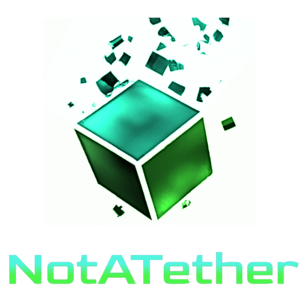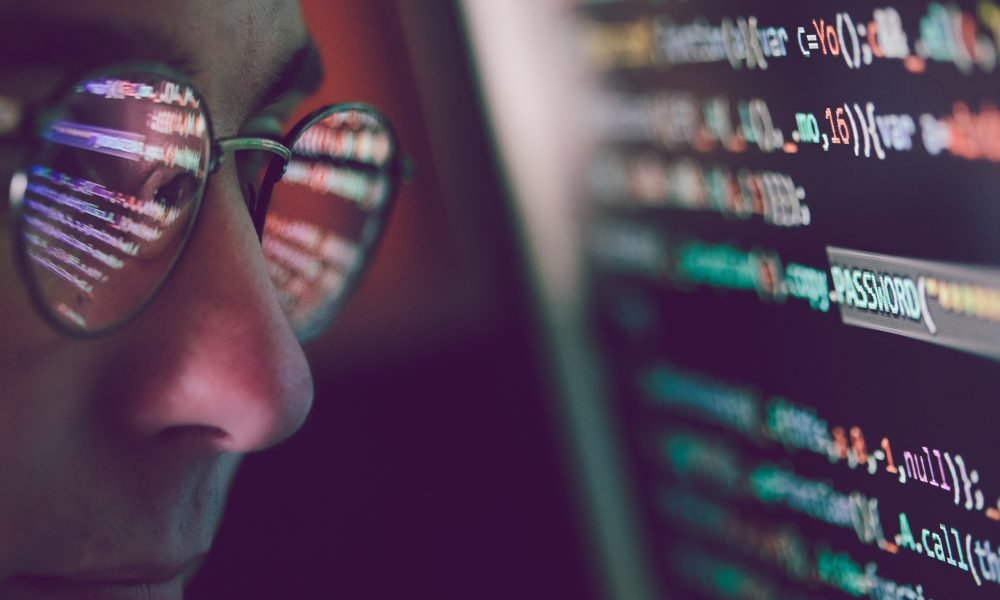The following content was written by iMil on June 29, 2020, 07:04:05 AM in the thread mnemocheck, checks that your seed phrase matches an address. All content is owned by the author of the bitcointalk.org post. (original)
I’ve always had this small doubt that those seed words I wrote down and encrypted might have a typo, or be wrong, and I obviously didn’t want them to hang around in clear text or via the network for anything to snoop it.
So I wrote mnemocheck, basically a Dockerfile along with a small bip-utils based python script that derivates the first public address from the mnemonic, it reads them from stdin and the container should be launched with –network none. It knows about Bitcoin, Litecoin, Dogecoin, Dash, Ethereum and XRP (actually what bip-utils supports).
Use it with caution, only pipe on a local, trusted machine, and using encryption tools like GPG, password-store or OpenSSL with the right algorithms.
Here it is https://gitlab.com/iMil/mnemocheck/
The following content was written by sukbir on June 29, 2020, 12:39:42 PM in the thread mnemocheck, checks that your seed phrase matches an address. All content is owned by the author of the bitcointalk.org post. (original)
Thank you mate I love to do testing, I will come with feedback soon..
The following content was written by bitmover on June 30, 2020, 01:22:01 AM in the thread mnemocheck, checks that your seed phrase matches an address. All content is owned by the author of the bitcointalk.org post. (original)
This is a risky operation.
No matter how you generated your seed phrase, no one should ever type it again in an online computer if you hold significant amount of money there.
Are you not sure your address belongs to your seed? Just create a new wallet and send your funds to a new address from that wallet.
Don’t get me wrong mate. You software might be cool, but it is risky to use it.
The following content was written by joniboini on June 30, 2020, 06:31:44 AM in the thread mnemocheck, checks that your seed phrase matches an address. All content is owned by the author of the bitcointalk.org post. (original)
OP said to run it on offline computer though.
While there might be some purpose for this tool, I think double-checking your seed by creating a new wallet on offline computers is faster & easier.
The following content was written by bitmover on June 30, 2020, 10:42:14 AM in the thread mnemocheck, checks that your seed phrase matches an address. All content is owned by the author of the bitcointalk.org post. (original)
But this sentence is dangerous.
How many people really know what is an offline computer ? Specially someone with this problem (does this address belongs to this seed) , which is a newbie problem usually.
Moat people who would look for this tool would just turn off the wifi and run the software. OP should have properly addressed the risks imo.
The following content was written by Pmalek on July 01, 2020, 09:05:08 AM in the thread mnemocheck, checks that your seed phrase matches an address. All content is owned by the author of the bitcointalk.org post. (original)
The seeds should not be saved on your computer though. It’s good that you encrypted it, but still. Use pen and paper, not a digital format.
The following content was written by Lucius on July 01, 2020, 10:51:18 AM in the thread mnemocheck, checks that your seed phrase matches an address. All content is owned by the author of the bitcointalk.org post. (original)
Users of Ledger hardware wallets have the option to test the seed without taking any risk by using Ledger Recovery Check App, in a way that they check the accuracy of the words on the devices themselves. Although some think that this is a long and difficult process, it should be noted that in most cases it is necessary to select the first two or three letters of a word in order for suggestions to appear on the device. When I was doing seed recovery on Nano X, it took me less than 10 minutes for all the words, and I wasnt doing it in any hurry.
I think the real problem is not that someone misspells a word (it’s usually a single letter), but that the words are mixed up to the point that the seed becomes completely useless. People mostly do it for protection, but they forget what they did when they need a backup. Also, we see very often that people have good seed, but after recovery they get wrong address/zero balance wallet – so you should also pay attention to the type of address (1 – 3 – bc1) or derivation path in process of wallet recovery.
The following content was written by Captain-Cryptory on July 01, 2020, 03:41:33 PM in the thread mnemocheck, checks that your seed phrase matches an address. All content is owned by the author of the bitcointalk.org post. (original)
So I wrote mnemocheck, basically a Dockerfile along with a small bip-utils based python script that derivates the first public address from the mnemonic, it reads them from stdin and the container should be launched with –network none. It knows about Bitcoin, Litecoin, Dogecoin, Dash, Ethereum and XRP (actually what bip-utils supports).
Use it with caution, only pipe on a local, trusted machine, and using encryption tools like GPG, password-store or OpenSSL with the right algorithms.
Here it is https://gitlab.com/iMil/mnemocheck/
What are the obstacles of using Ian Coleman’s BiP39 script on air-gapped computer for this purpose? Or am I supposed to believe you suggesting something more? In case you missed that with slight modifications (https://bitcointalk.org/index.php?topic=4595261.msg41815678#msg41815678) Coleman’s script can be used to check even SEEDs employed by Electrum.

